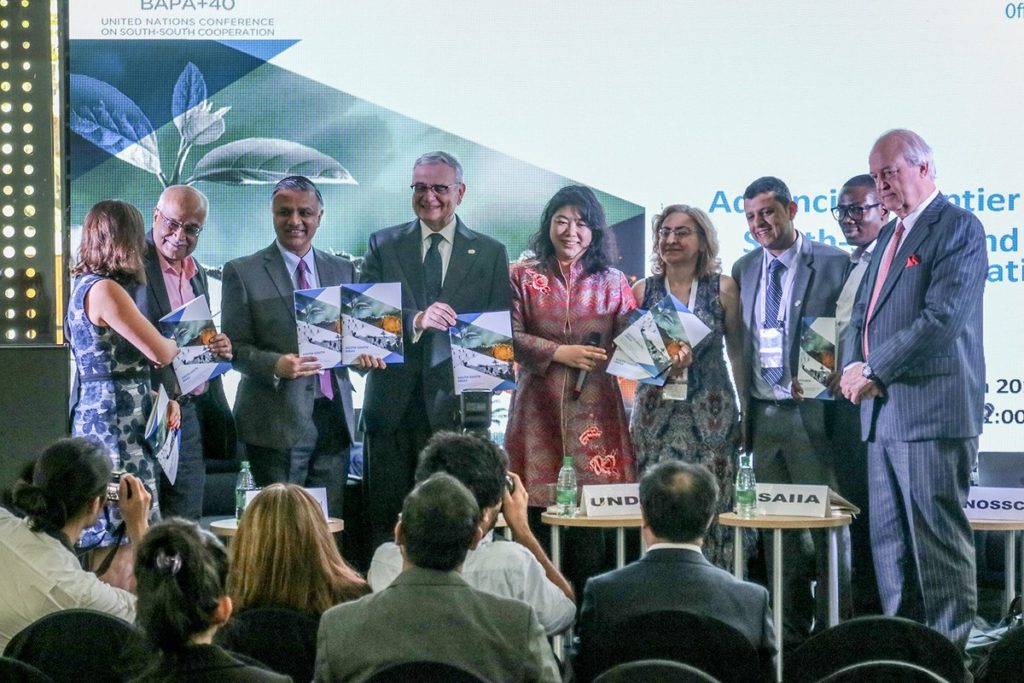Nigeria is Africa’s most populous country, with an estimated population of 190.9 million; it also has the largest economy, estimated at $376 billion in 2017 (World Bank, 2017). The economy hinges critically on the service sector, while oil is relied upon as the main source of foreign earnings. Despite its huge potential, Nigeria has failed to translate its resource endowment and strategic economic and demographic positions into sustained economic development. In fact, the country’s performance is abysmally low with regard to key development indicators. A portion (46 per cent) of its huge population is poor by World Bank definitions, and socioeconomic outcomes remain among the worst globally (World Bank, 2017). Specifically, Nigeria has the highest number of out-of-school children in the world (13 million in 2018), coupled with high rates of infant and maternal mortality (figure 1). Furthermore, the country suffers from inadequate and dilapidated infrastructure across the energy, housing and transport sectors. This is in relation to about $30 billion in budgeted spending for the 2018 fiscal year by the federal government, which reflects the enormous development financing challenges (Federal Ministry of Budget and National Planning, 2018). Despite these poor development indicators, the country has made modest progress in improving revenue streams, with recent developments in sectors other than oil such as the agriculture and mineral sectors.
Project Reports

March 21, 2019
South-South Ideas: South-South Cooperation Coherence in a Complex Assistance Framework for Development – The Case of Nigeria (2019)
Nigeria is Africa’s most populous country, with an estimated population of 190.9 million; it also has the largest economy, estimated at $376 billion in 2017 (World Bank, 2017). The economy hinges critically on the service sector, while oil is relied upon as the main source of foreign earnings. Despite its huge potential, Nigeria has failed to translate […]
Read →
Related
Nigeria Economic Update (Issue 44)
Latest
Doing Business report by the World Bank ranks Nigeria as one of the top 10 economies
that showed notable improvements in doing business in 2016/2017. Precisely, the
report which presents quantitative indicators on business regulation compared
across 190 economies and ranked Nigeria 145th - up by 24 positions from
the previous report ranking, to reach its highest rank since 2013. This may not
be unexpected, given that it is consequent upon various business environment
reforms in 2016. Particularly, the Presidential Enabling Business Environment
Council (PEBEC) set up in 2016 enacted 31 reforms to improve
business(such as improving credit to small and medium-size
businesses) all of were enacted into law in May 2017.
